Whether it’s your first time reviewing a contract, or your 1000th time, it’s important to always understand and know what you are signing. If we’ve learned anything in 2020, it’s that a well-worded contract means all the difference, especially when something unexpected happens. Here is a list of common terms found in hotel contracts for corporate events to help you gain a bit of understanding and be a contract pro!
1. Force Majeure
A supervening event (e.g. war, labor strike, extreme weather, or other disruptive circumstances) or effect beyond the control of a party that cannot be reasonably anticipated or avoided that makes it illegal, impossible, or impracticable to fulfill the terms of a contract.
2. Hold Harmless
An indemnity clause that provides that both parties agree to defend and/or compensate each other for asserted claims against, or liability damages incurred by one party, due to the acts or omissions of the other.
3. Indemnification Clause
Indemnification is a contractual promise in which one party (called the “indemnifying party”) agrees to protect another party (called the “indemnified party”) from liability as a result of a third party claim based on the negligent or wrongful action or omission of the indemnifying party or its employees, contractors, or agents. This promise is sometimes referred to as a “hold harmless” obligation.
4. Attrition
The difference between the actual number of sleeping rooms (or food and beverage, or revenue) realized and the number agreed to in the contract between the group and the facility. Often a percentage of the actual shortfall limit (“slippage”) is allowed before damages are assessed.
5. First Option
Space that is reserved but not yet contracted for an event. The right of first refusal to confirm a tentative space reservation if there is demand from another group.
6. Second Option
Second place on a waiting list. The organization holding the second option for specific dates at a facility, for example, may book those dates only if the organization holding the first option decides not to book within a certain period of time.
7. Right of First Refusal
A courtesy facility extends to a previously booked party to approve or disapprove a concurrent booking or to save un-contracted space for the previously booked party for program growth.
8. 24-hour Hold
A term used to describe the type of reservation made on function space within a venue (hotel, convention center, etc.). An event organizer who has a 24-hour hold on space has exclusive use and access to that space for a period of 24-hours
9. RFP (Request for Proposal)
A document that stipulates what services the organization wants from an outside contractor and requests a bid to perform such services.
10. Commission
A payment made to an individual or organization for bringing business to another individual or organization.
11. Food & Beverage Minimum
The minimum amount of money you need to spend on food and beverage, not including tax, service charge, or other fees
12. Room Rental
The fee associated with using a facilities meeting room or meeting space.
13. Direct Bill
Accounts receivable made available to individuals or firms with established credit.
14. Service Charge
A mandatory and automatic amount added to food and beverage charges, usually used to defray the cost of labor and service equipment. Generally calculated as a percentage of charges.
15. Concessions
Contractual agreement where one party provides something of value to the other party in exchange for something else, pending certain conditions.
16. On Consumption
A term used in food and beverage that refers to the purchasing option based on the amount utilized by the group. The organization pays for the food and beverage based on the actual food and beverage served and consumed.
17. Preferred Vendor
A vendor that has an alliance with the venue and general service contractor, and receives preferential treatment.
18. Outside Vendor
Supplier who is not directly associated with the facility.
19. Exclusive Provider
Any agreement which limits who may provide specific products or services under certain conditions to only one party. No other contractor is allowed to provide the same services or products in that facility. The legality of exclusive contracts varies by jurisdiction.
Interested in more events industry lingo? Check out our other blog posts:
23 Conference AV Terms You Need To Know
Restaurant Lingo: 22 Terms You Need To Know
26 Corporate Conference Lingo You Need To Know




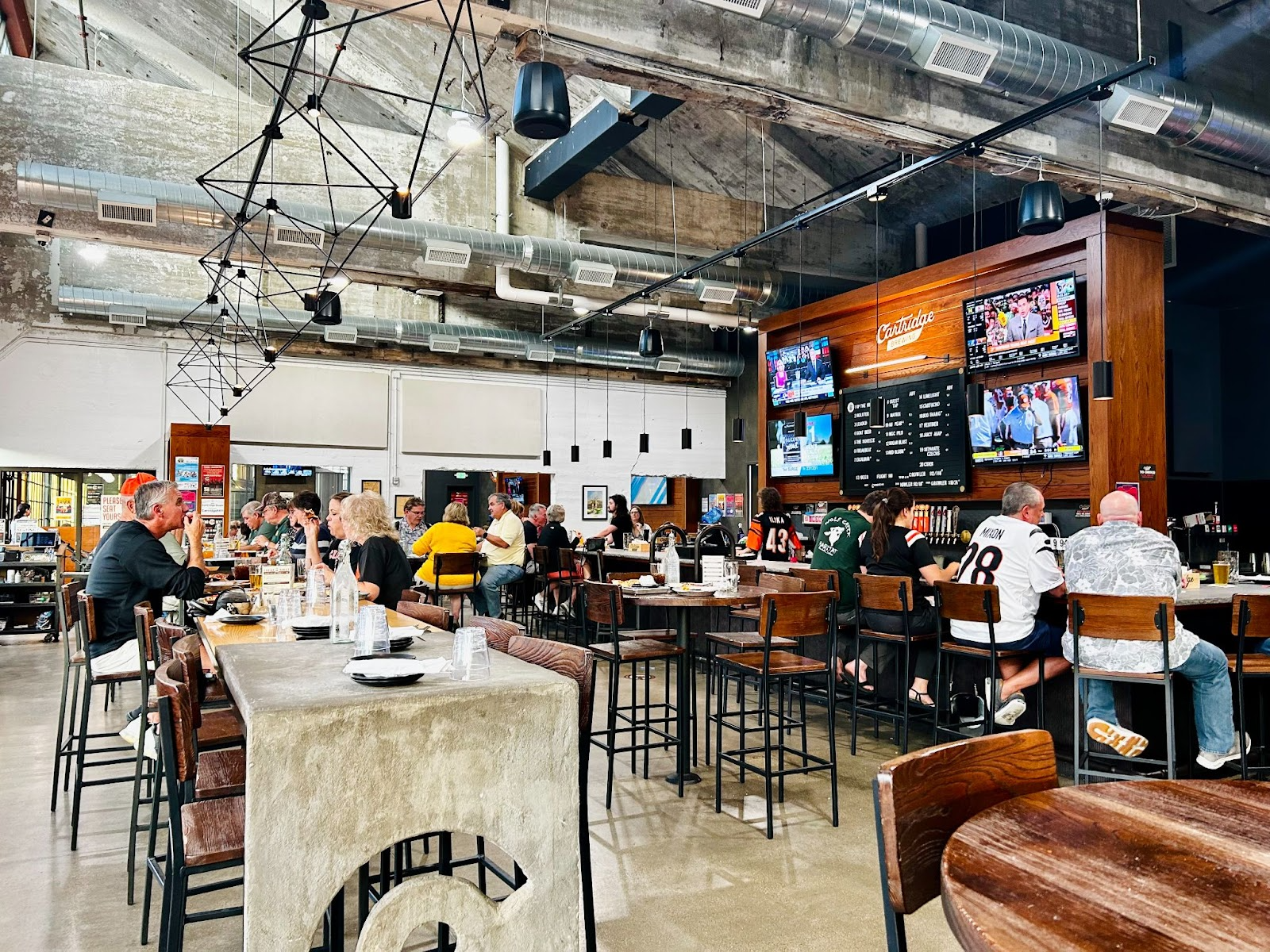
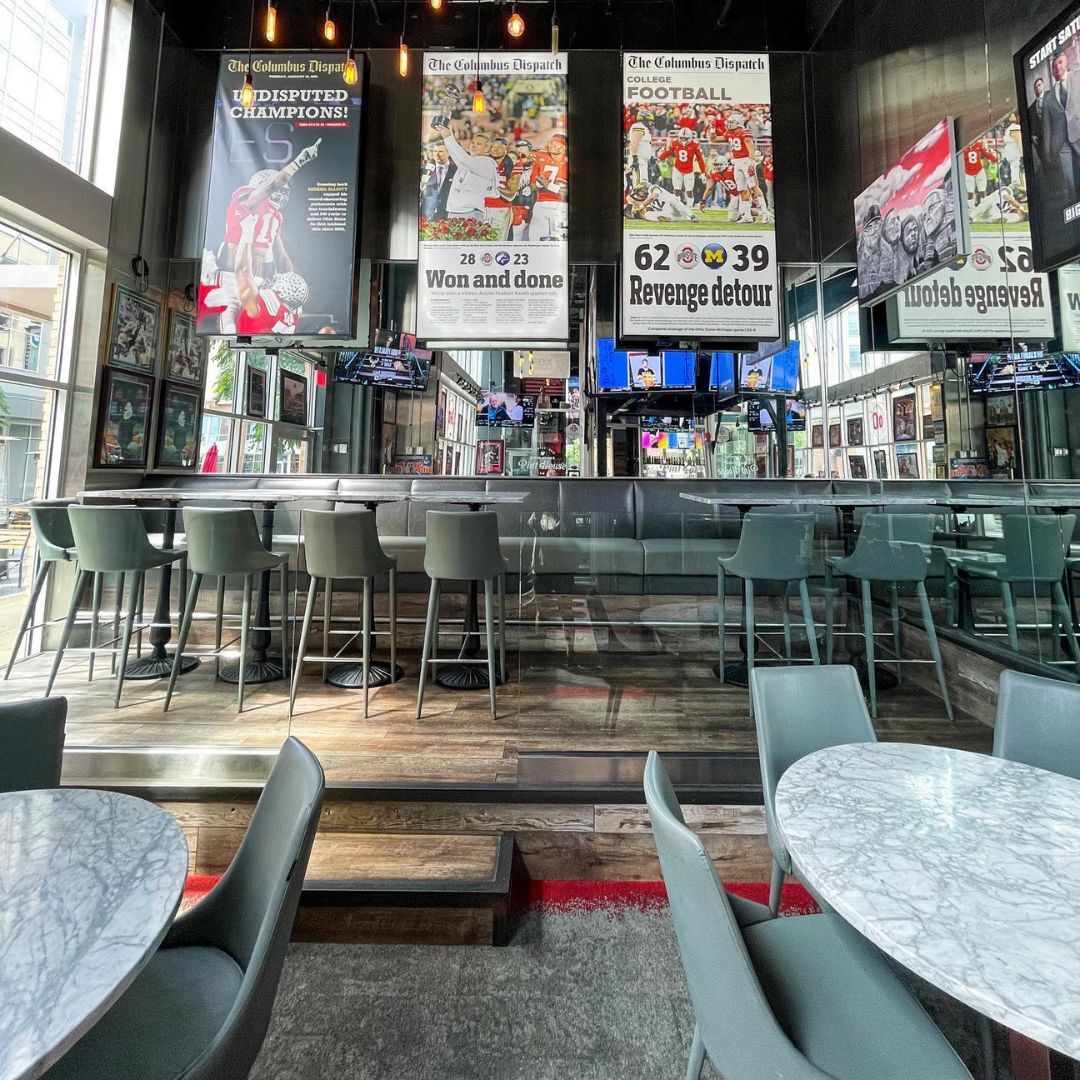








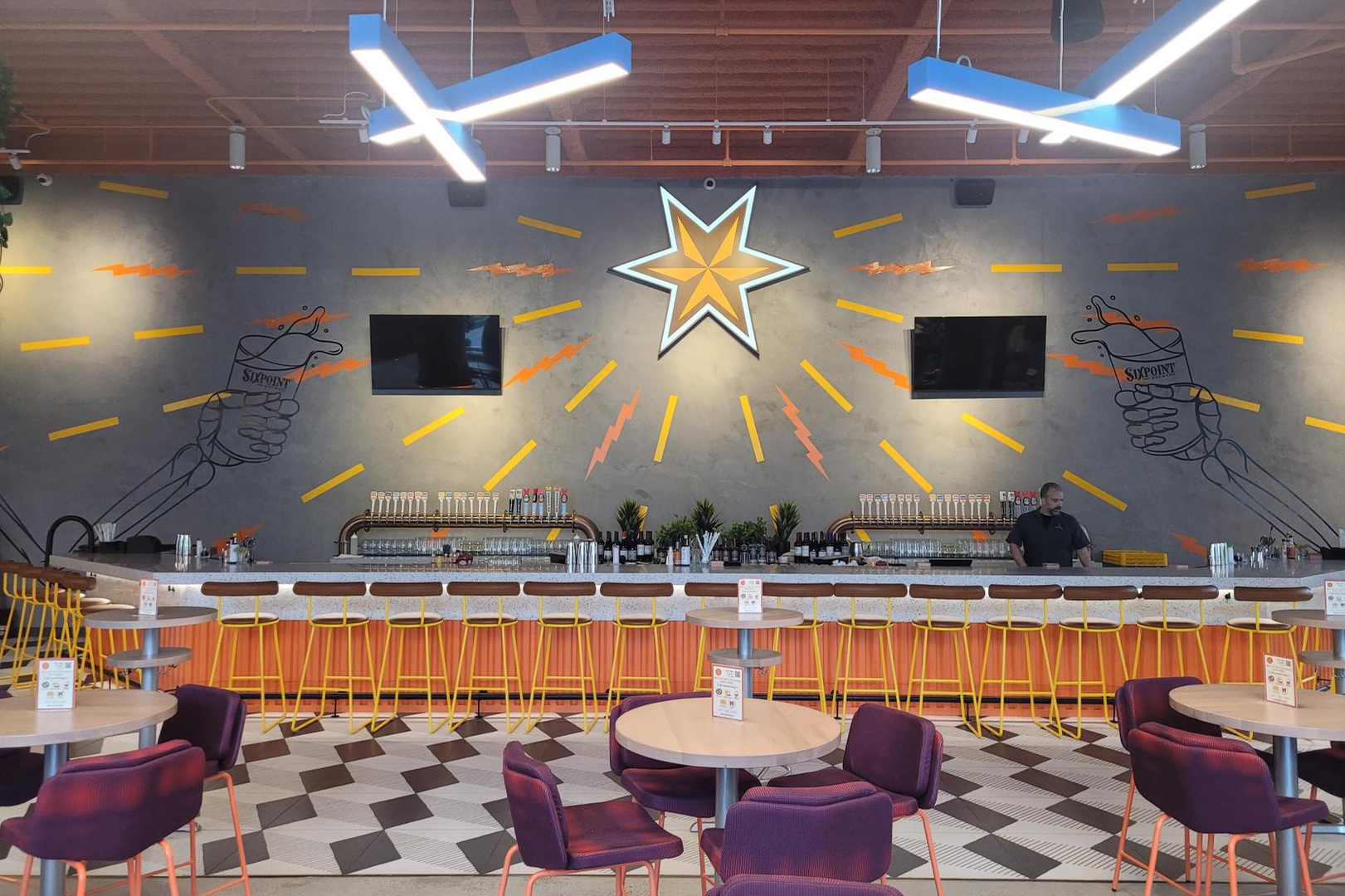
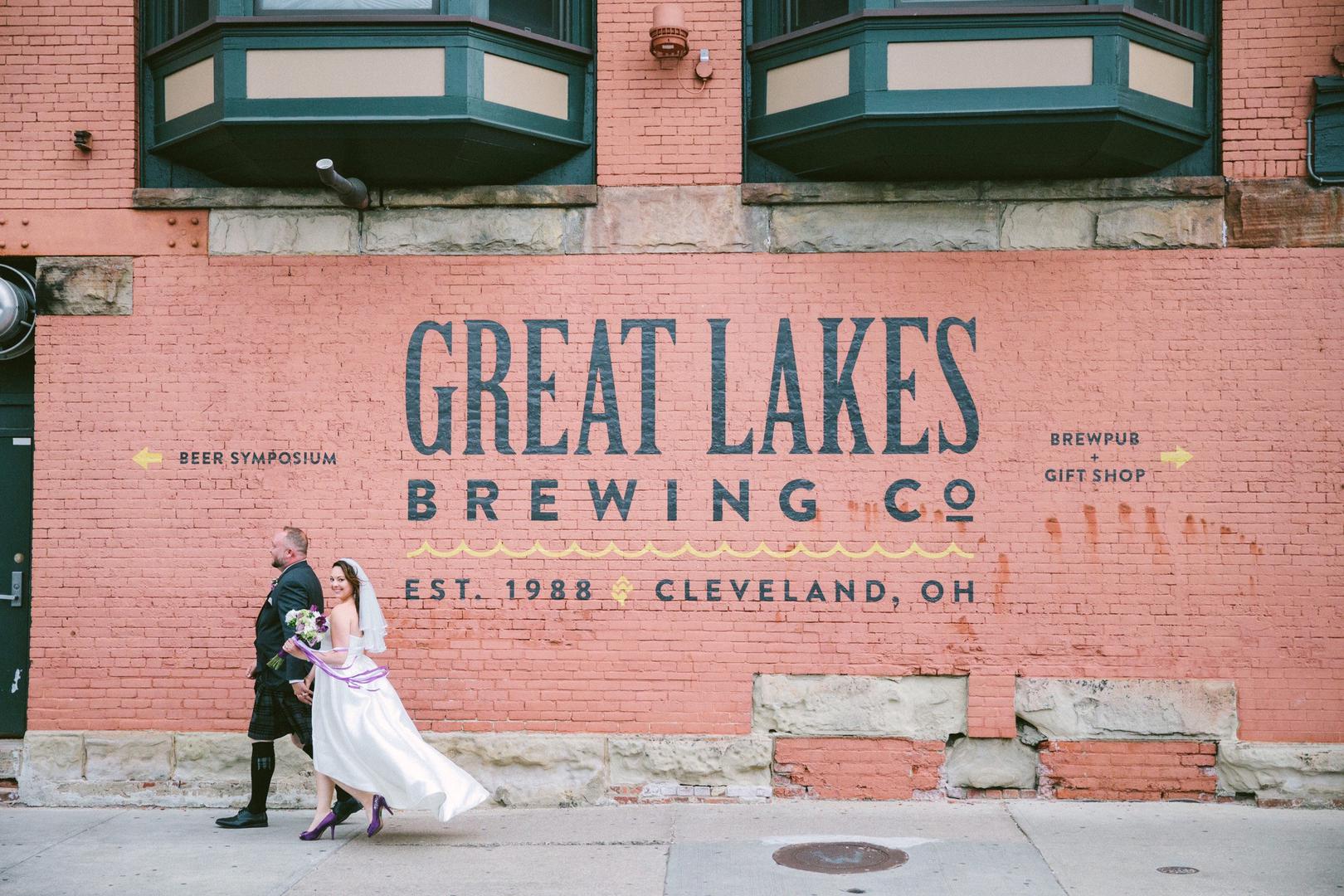
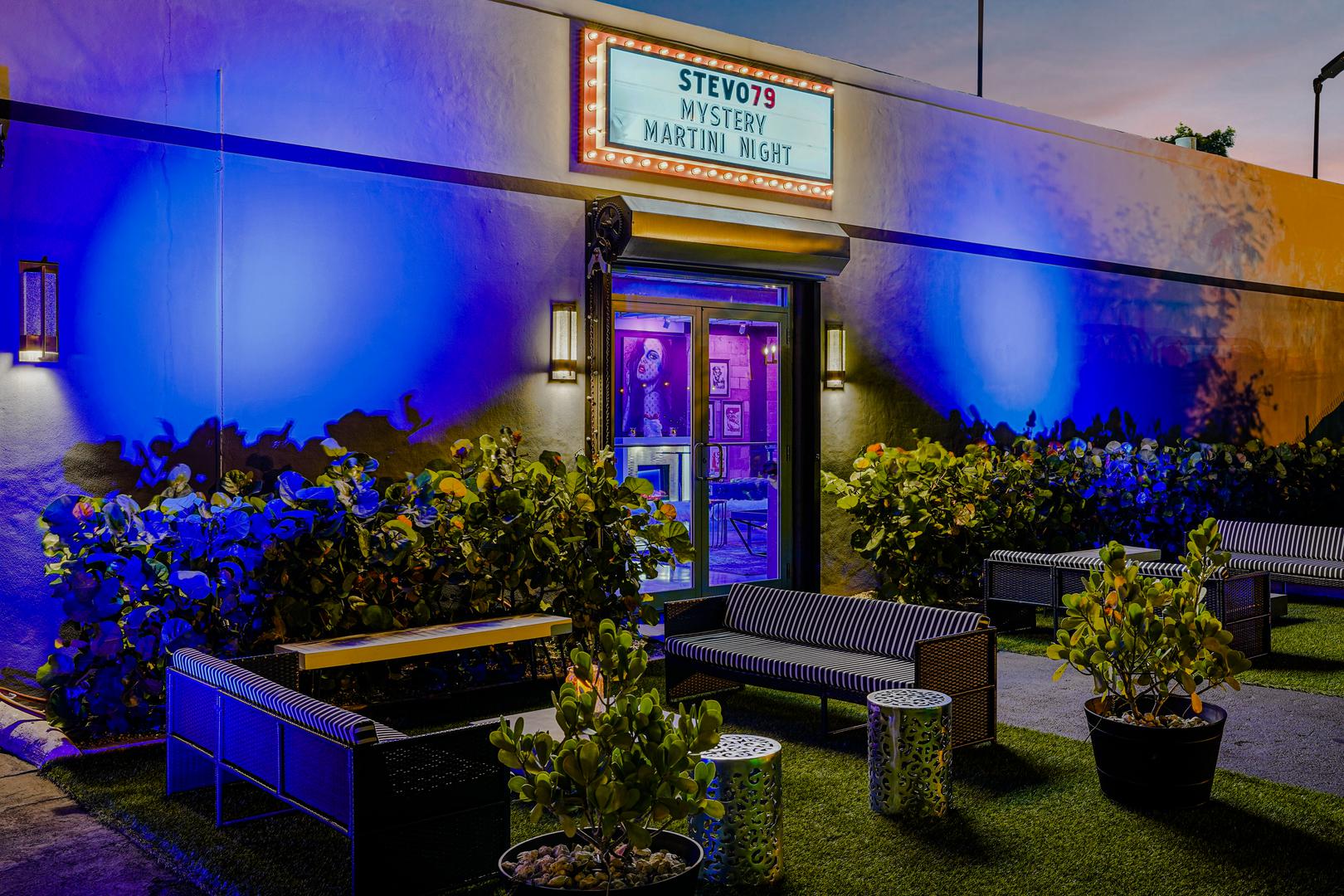




%20Where%20to%20Eat%20Near%20Willis%20Tower%20in%20Chicago.png)
